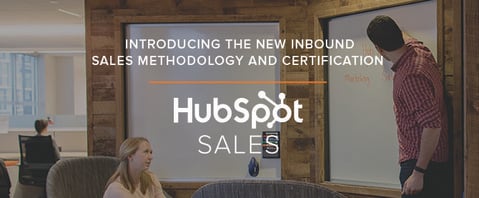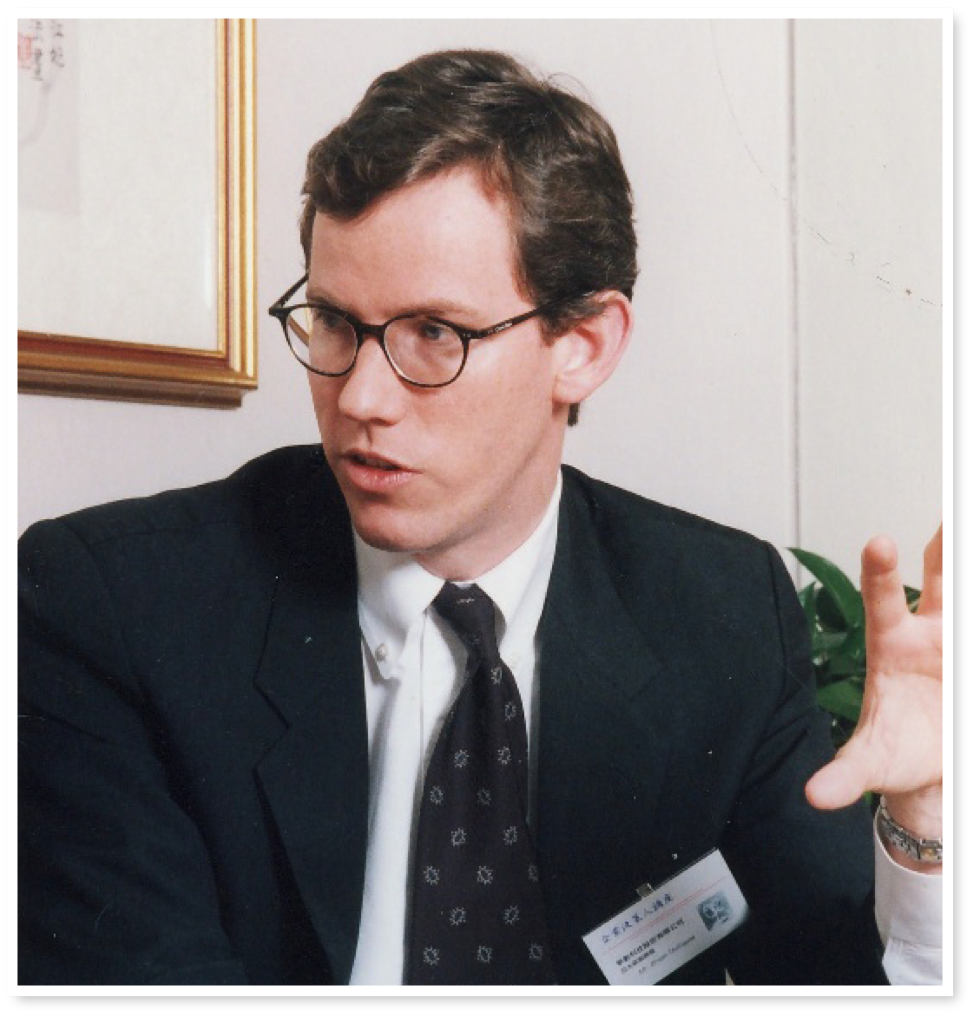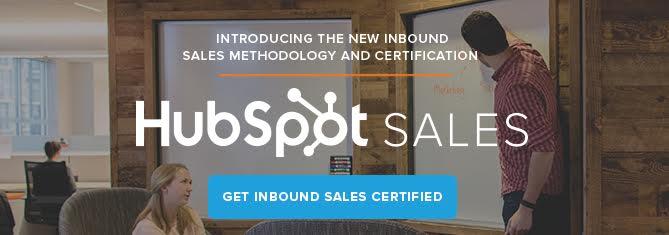
I’m a sales geek. I grew up in my career through the sales ranks.
You see, the sales playbook I used back in 1996 worked like a charm. In fact, I largely built my entire career off getting good at it.
Ok, so what’s the problem, Brian?

Well, that playbook doesn’t work anymore. Why? Good question. I think there are three major shifts that are changing everything for the sales professional of 2016 …
1) Prospecting has changed.
Back in 1996, everyone had phones on their desks … but none of those phones had caller ID. Back then, I spent every Tuesday cold calling. I had a good connect rate, and I filled my funnel that way.
In 2016, far fewer people have phones on their desks. At HubSpot, I sit with the marketing department. Out of the 40 people that sit in my wing of the office, only four of them have phones on their desks — including executives. And for the four that have phones, every one of them has caller ID. If they don’t recognize the number, I’d suspect they don’t answer.
Call me crazy, but I think 1996-style prospecting is dead.
2) Account control has changed.
Back in 1996, I had everything I needed to help my prospects make a decision: pricing sheets, product specs, connections with other customers, connections with the executives in my company, and so on. Every time I gave them a piece of information, I leveraged it to gain more control in the account.
In 2016, the prospect has ALL of that information — from my website, from LinkedIn, from Quora … the list goes on.
Call me crazy, but I think 1996-style account control is dead.
3) Buyer beware has changed.
Back in 1996, we lived in a “buyer beware” world. I used to sell a license to a software system that included a large upfront fee. At that time, it was up to the buyer to do their due diligence before making the decision. If they made the wrong call, well, that was too bad. (The legal term for this in the contract is called caveat emptor.)
In 2016, we live in a “seller beware” world. These days, software is primarily sold as a subscription. If the buyer isn’t satisfied after a period of time, they just stop paying.
As many businesses and industries move to a subscription model, we’re beginning to see a shift in the burden of success — from the buyer to the seller. And if the buyer has been misled, or the product is not good, there are an unlimited number of channels the buyer can use to express their dissatisfaction — G2Crowd, Facebook, Twitter, etc.
Call me crazy, but I think 1996-style caveat emptor is dead. (Long live caveat venditor!)
The New Sales Playbook
So now what? I’ve talked to a lot of companies, and my sense is that many of them still use a playbook that is awfully similar to the one I used back in 1996.
I think it’s high time for a change. It’s time for a 2016 playbook. It’s time to perfectly match the sales playbook with the way humans actually evaluate and decide on what to buy in 2016.
Today, we are rolling out two new things to solve for this. The first is a new 2016 sales playbook — a new methodology. In addition, we’ve created a free sales training certification for anyone who wants to make the shift.
Call me crazy, but I think inbound sales is the right move. Wouldn’t you agree?
![]()





